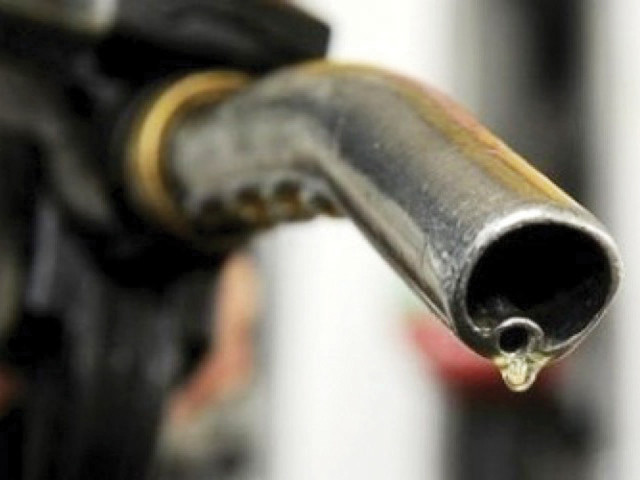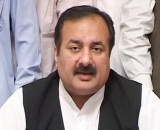Higher UFG level: ECC seeks views on shifting Rs49b burden
Ministry says consumers should bear the burden or utilities will collapse.

The Economic Coordination Committee (ECC) has directed the petroleum ministry to seek views on the impact of the proposed shift of Rs49-billion burden onto gas consumers on investigations into the Ogra scandal being conducted by the National Accountability Bureau (NAB), sources say.
Earlier, the ministry had sought general opinion, but the economic decision-making body of the cabinet asked it to come up with specific views about the effect on the NAB probe into an old scam at the Oil and Gas Regulatory Authority (Ogra).
NAB, which revealed in the Supreme Court a Rs82-billion scam, has reduced its size to Rs26 billion in a reference submitted to the National Accountability Court.
Following an increase in the unaccounted-for-gas (UFG) ceiling, which covers theft and leakage, from 5% to 7% by Ogra, then headed by Tauqeer Sadiq, the state-owned gas transmission and distribution firms earned an additional Rs49 billion. NAB, however, termed it a scam.
The Ministry of Petroleum and Natural Resources is proposing fresh policy guidelines, suggesting that gas consumers should bear the burden of Rs49 billion, otherwise the utilities will collapse financially.
However, the Finance Division argues the ministry’s plan should not come in the way of investigations into the Ogra scandal.
The ECC, in a meeting held `on the summary tabled by the petroleum ministry and asked it to bring the document again after re-examination.
In remarks submitted to the ECC, the Finance Division pointed out that the petroleum ministry and Ogra should ensure that the provisional arrangement proposed in the summary would not violate the judgment of the Lahore High Court in the matter and also would not adversely affect NAB investigations.
The ECC now wants the opinion of the law ministry before taking any decision on the policy guidelines to be issued to the regulator to pass on the multi-billion-rupee burden to the consumers.
A senior government official pointed out that the socio-political programme of the government that provided gas to untapped villages had increased the ratio of retail consumers compared to bulk users. “This has caused an increase in UFG levels.”
Apart from this, he added, the law and order situation had also its effects and if the government did not bail out the distribution companies, they would collapse financially.
Published in The Express Tribune, September 21st, 2014.
Like Business on Facebook, follow @TribuneBiz on Twitter to stay informed and join in the conversation.



















COMMENTS
Comments are moderated and generally will be posted if they are on-topic and not abusive.
For more information, please see our Comments FAQ